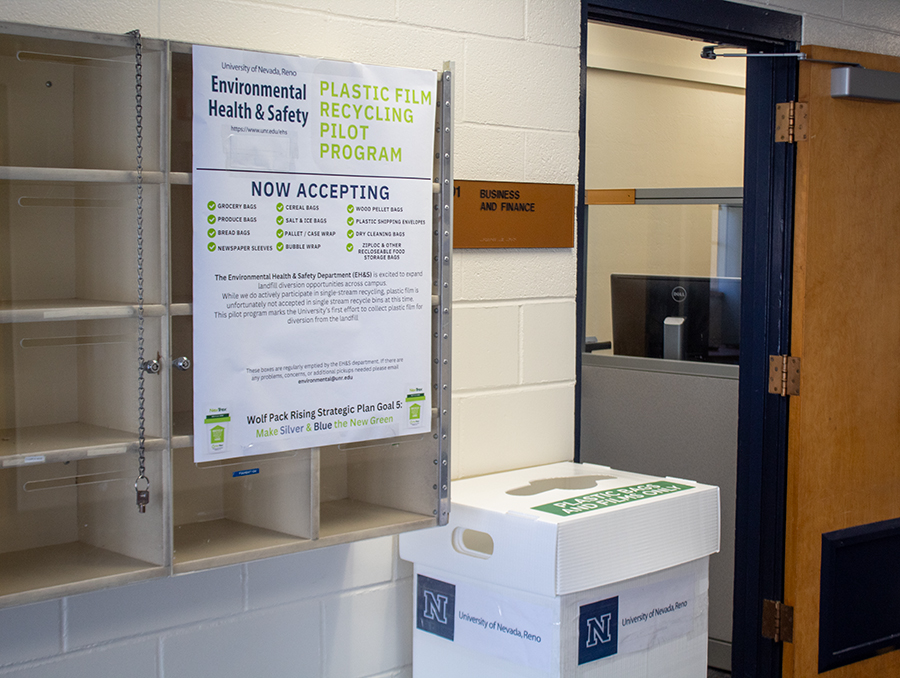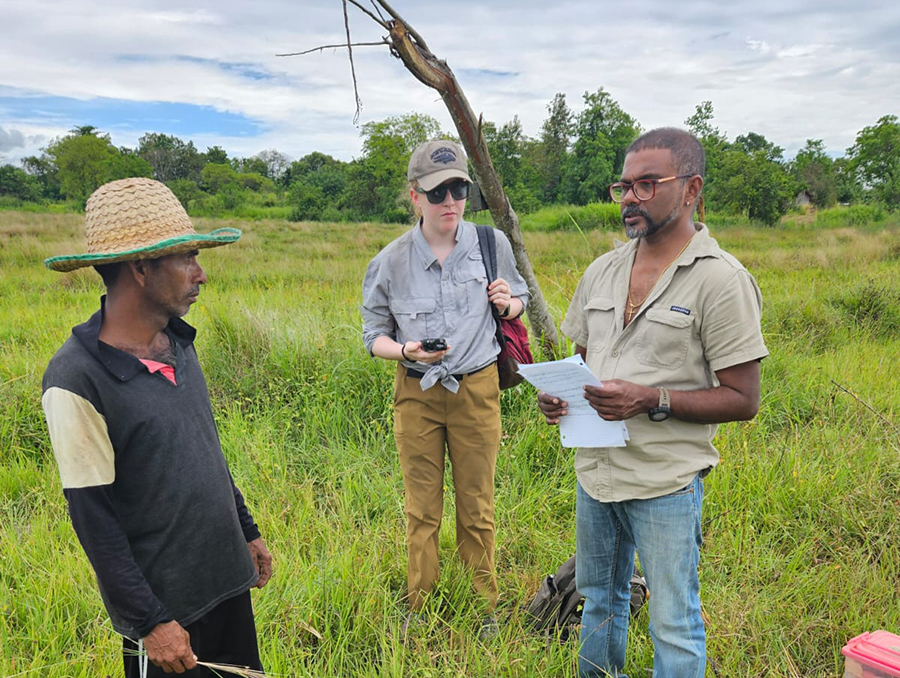School of Public Health Professor Karla Wagner, Ph.D. (whose work was featured in a previous NevadaToday article about Nevada’s overdose prevention legislation) and her team have published two new papers on the public health impact of methamphetamine and opioid use. Both papers are a result of a collaborative effort with the University of New Mexico’s Dr. Kimberly Page, which was funded by the Mountain West Clinical Translational Research Infrastructure Network (CTR-IN) as a multi-site pilot project.
The first of the papers is titled, “It’s called overamping”: experiences of overdose among people who use methamphetamine. Authored by Project Coordinator Robert Harding, University of Nevada, Reno alumnus (B.A. criminal justice), the publication describes the phenomenon of methamphetamine “overamping” as described by people who use drugs and critically examines the narrative of methamphetamine overdose.
The second publication is titled, Patterns of and Rationale for the Co-use of Methamphetamine and Opioids: Findings From Qualitative Interviews in New Mexico and Nevada. Authored by Brittany Rhed, MPH, who is also a University alumna, it examines patterns of methamphetamine and opioid co-administration and explores implications for the health and wellbeing of people who use drugs.
As a result of that pilot work, the Nevada and New Mexico teams have also just received the second year of a larger, 3-year grant from the Centers for Disease Control and Prevention (CDC) to study patterns of methamphetamine and opioid drug use in Nevada and New Mexico. The study is designed to understand people’s experiences of and reasons for using methamphetamine and opioids and to elicit their perspectives about and interest in harm reduction and substance use disorder treatment interventions.
School of Public Health Dean Muge Akpinar-Elci congratulates Professor Wanger on her success, “I am so impressed with the impactful work Karla and her team have accomplished. I have no doubts that their continued efforts will support the reduction of methamphetamine and opioid related harms in our communities for generations to come.”
Members of the Nevada and New Mexico teams were also part of the Northern Nevada Harm Reduction Summit that took place on July 19 and 20, 2022. The focus of this year’s summit was to build foundational harm reduction knowledge in the state, educate participants about national and international best practices and policy change strategies and to inspire innovative programming which will reduce harms associated with substance use in Nevada.
Professor Wagner’s research is part of a larger portfolio of research within the School of Public Health focused on substance use behavior and policy. We encourage those who are interested in learning more about their research to visit the School of Public Health’s SBH/HAP Substance Use and Policy Research page.
To learn more about Nevada’s opioid response, check out the Nevada State Opioid Response website.















